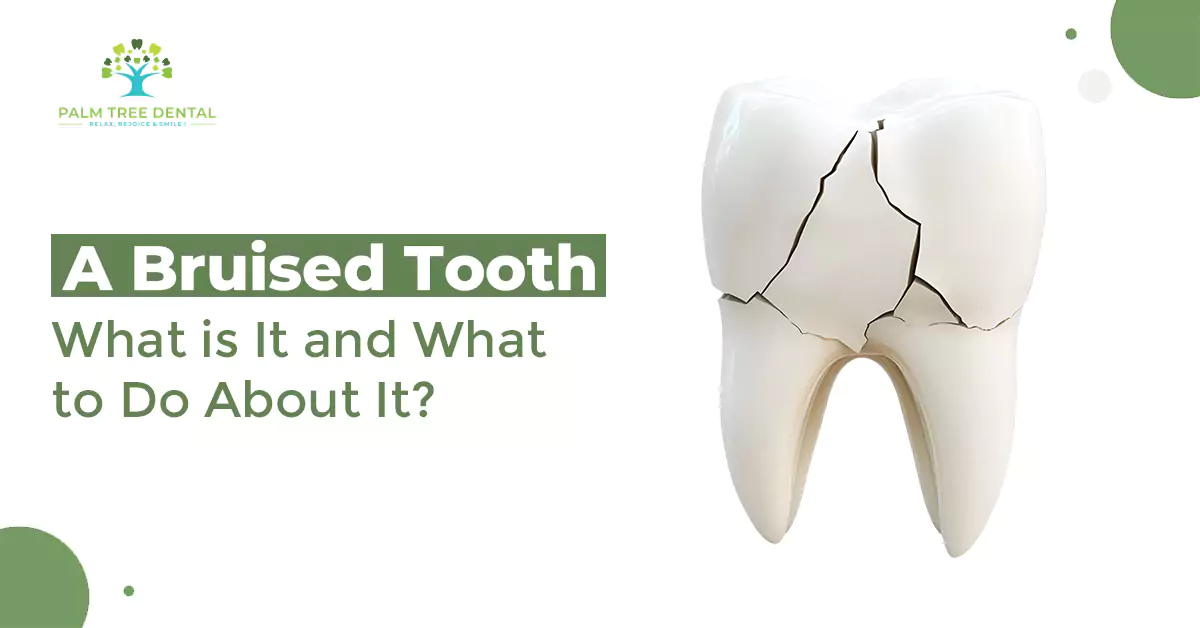You likely think of a bruise as the black-and-blue spot on the skin when you crash into a table or doorjamb. Not many are aware of the potential for a “bruised” tooth. A bruised tooth isn’t going to look the same as one on the skin, but one can ache and signal trouble. Once you know what it is, why you have one, and what can be done about one, though, you can do things to help save the look of your teeth and prevent bigger problems down the line.
What Is a Bruised Tooth?
A bruised tooth, also referred to as dental trauma or dental contusion, occurs when your tooth receives a hard blow. The blow can injure the blood vessels and nerves within and result in swelling and pain. Unlike a chip or crack in the tooth, there may not be any apparent damage.
You might notice:
- Sensitivity to hot or cold foods and drinks
- Pain on biting or chewing
- Aching, throbbing pain in the tooth
- Discoloring, for instance, gray or darker in color
This discoloring results when small vessels in the tooth break and leak into the innermost tooth layers, in effect, a bruise under the skin.
Common Reasons for Tooth Bruising
The most result from some form of physical injury. Frequent reasons are:
- Sports injury or accident
- Biting down on hard objects or foods
- Direct hits or falls on the face
- Teeth grinding (bruxism)
Bruised teeth can happen to anyone, but most people who get bruised teeth are children and sports players who are more active.
What to Do If You Believe You Have a Bruised Tooth
The sooner you act, the better your chances of preventing further damage. Here’s what to do:
See your dentist right away
They’ll examine your tooth, possibly take X-rays, and figure out the right treatment.
Avoid chewing with that tooth
Putting pressure on it can make things worse.
Manage pain and swelling
Take over-the-counter pain medication and a cold compress until you can reach the dentist.
Keep an eye on it
Watch for color changes, worsening pain, or signs of infection like swelling or pus.
How to Prevent a Bruised Tooth?
You can decrease the risk by:
- Wearing a mouthguard during sports or any other impact sport
- Refraining from biting hard objects such as pens or ice
- Wearing a nightguard if you clench your teeth when you sleep
Conclusion
A bruised tooth might not look like much on the outside, but the pain and sensitivity are real. If you ignore it, the problem can get worse. Getting prompt dental care can ease your discomfort and keep your smile healthy.
If you think you have a bruised tooth, Palm Tree Dental is here for you. Their experienced team will find the problem, fix the issue promptly, and keep your grin in perfect condition.

